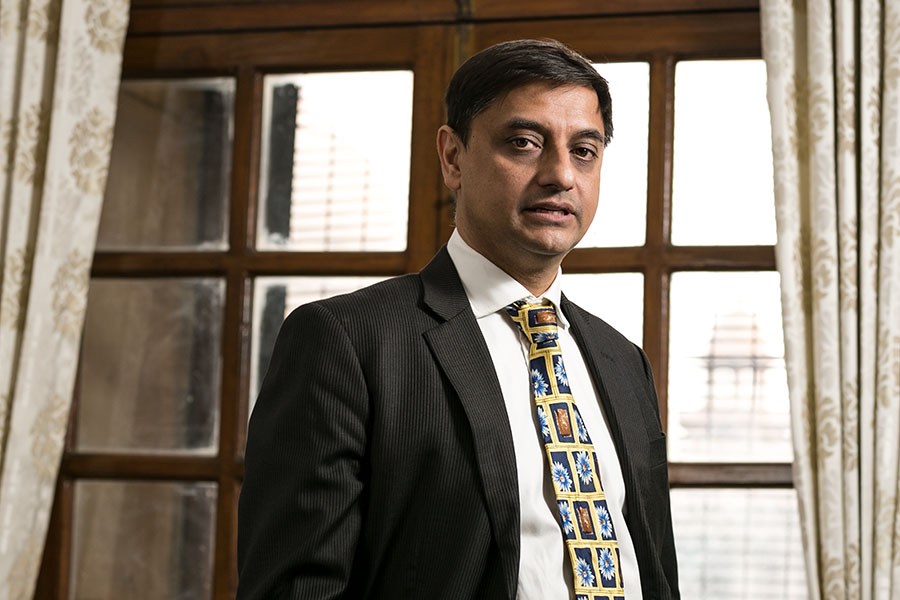
Renowned economist Sanjeev Sanyal recently highlighted the critical importance of policies and reforms in fueling India’s economic growth trajectory. In a podcast titled SparX, Sanyal emphasized that India’s current economic momentum is not a matter of chance but a result of deliberate efforts and structural reforms implemented over the past decade, particularly under the leadership of Prime Minister Narendra Modi.
Economic Growth: A Result of Earned Efforts
Sanyal’s remarks underscored the fundamental principle that economic growth is not inherent but earned through effective policies and governance. He dismissed the notion of growth as a “God-given” phenomenon, emphasizing that sustained growth requires consistent effort and strategic policymaking. According to Sanyal, India’s recent economic successes are a testament to the impact of proactive policies and reform initiatives undertaken by the government.
Lessons from India’s Economic History
Drawing from India’s economic history, Sanyal highlighted the detrimental impact of poor policies and socialist frameworks on economic growth. He refuted the notion of the “Hindu rate of growth,” attributing India’s economic stagnation during the socialist era to flawed policies rather than cultural factors. Sanyal emphasized that India’s economic resurgence began with the liberalization reforms of 1991-92, marking a departure from the stifling policies of the past.

The Momentum of Reforms and Growth
Sanyal outlined the cyclical nature of economic reforms and growth, noting that periods of reform-led growth were often followed by stagnation due to a lack of sustained reform efforts. He cited examples from different administrations, highlighting how momentum in economic growth waned when reform initiatives were not continued. However, he praised Prime Minister Modi’s first term for its focus on cleaning up the banking sector and introducing key reforms such as GST, inflation targeting, and the insolvency & bankruptcy court.
Chidambaram’s Assertion and Sitharaman’s Response
Sanyal’s podcast comes in response to former Finance Minister P Chidambaram’s assertion that India’s rise as the world’s third-largest economy was inevitable, regardless of leadership. Chidambaram credited this inevitability to demographic factors and economic trends. However, Finance Minister Nirmala Sitharaman contested Chidambaram’s claims, emphasizing that India’s economic growth was not merely an “arithmetic inevitability” but a result of concerted government efforts and policies. Sitharaman highlighted the importance of stability and sustained growth, citing the period before 2014 as a “lost decade” in terms of economic progress.
India’s Economic Performance: A Beacon of Hope
Despite the differing viewpoints, India’s economic performance in recent years has been commendable. The country’s GDP growth accelerated to 8.4% in the third quarter of 2023-24, surpassing expectations and solidifying its position as one of the fastest-growing major economies. The International Monetary Fund (IMF) also revised India’s growth projection upwards to 6.8%, surpassing China’s growth projection of 4.6%.
Shaping India’s Economic Future
As India navigates its economic trajectory, the importance of effective policies and governance cannot be overstated. Sanjeev Sanyal’s insights underscore the need for continued reform efforts and strategic policymaking to sustain economic growth and prosperity. In a rapidly changing global landscape, India’s ability to capitalize on its demographic dividend and harness the potential of its burgeoning economy will be crucial in shaping its future trajectory on the world stage.


